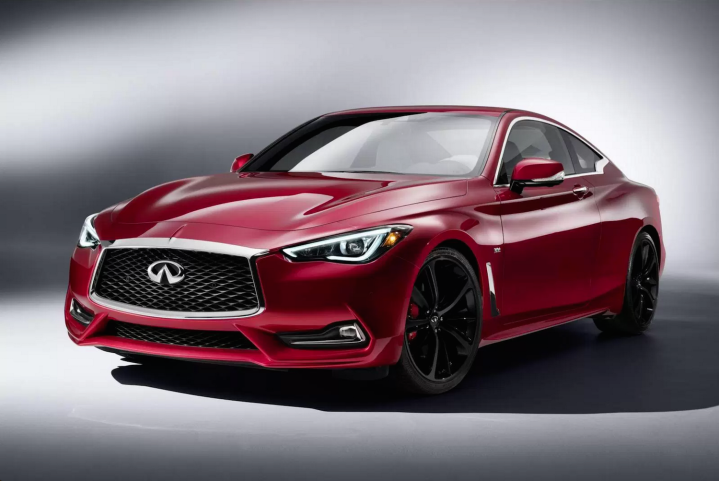
Surveying 12,353 vehicle owners from May through August 2016, MaritzCX reports that while 94 percent are aware of autonomous cars and know that they’re coming, close to 48 percent are not interested at all. Indeed, among the Infiniti and Mercedes owners, those most interested were still in the minority. For each brand, approximately 27 percent responded that they were “very interested” in buying a fully autonomous car when they are available.
Related: Most consumers OK with giving up boring driving chores but want the fun parts
At the other end of the scale, owners of two Fiat Chrysler Automobiles NV brands were the least interested in robot cars. Just 6 percent of Ram pickup truck and 8 percent of Jeep owners were very interested in the coming technology.
“The luxury vehicle owners are more willing to accept this technology because they believe safety would be much better in these types of vehicles,” said MaritzCX’s Shawn St. Clair, the author of the survey. “If you’re interested in doing some off-roading in a Jeep or a Ram, you’re not interested in an autonomous vehicle.”
The survey didn’t just ask about interest in eventual autonomous car ownership. It also explored vehicle owners’ reasons behind their level of interest. The top concerns about fully autonomous vehicles were equipment failure and the robot cars get confused and disoriented in traffic. Owners also expressed concern about navigating around pedestrians and bicycles, legal liability, and vehicle hacking.
Luxury brands across the board weren’t represented among those most interested. Porsche and BMW owners were near the bottom of the ranking. St. Clair’s explanation: “There is a set of luxury owners who want a performance vehicle that goes from zero to 60 miles per hour in three seconds. Those people are not in a big rush to give over control, if ever.”



